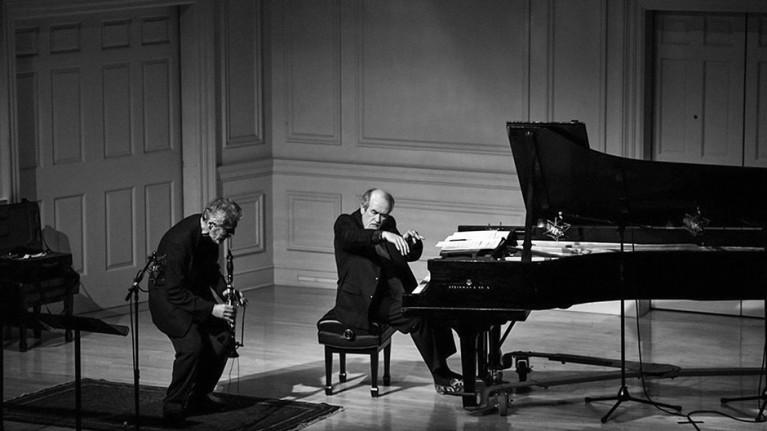More famous recordings have been made at the Village Vanguard than any other jazz club in the world. Two new releases, one from 1988 and the other from last year, confirm that the tradition of performing timeless music in the downstairs venue is not only longstanding but a continuing one.
Eddie Daniels and Roger Kellaway: ‘Just Friends: Live at the Village Vanguard’

Resonance Records






